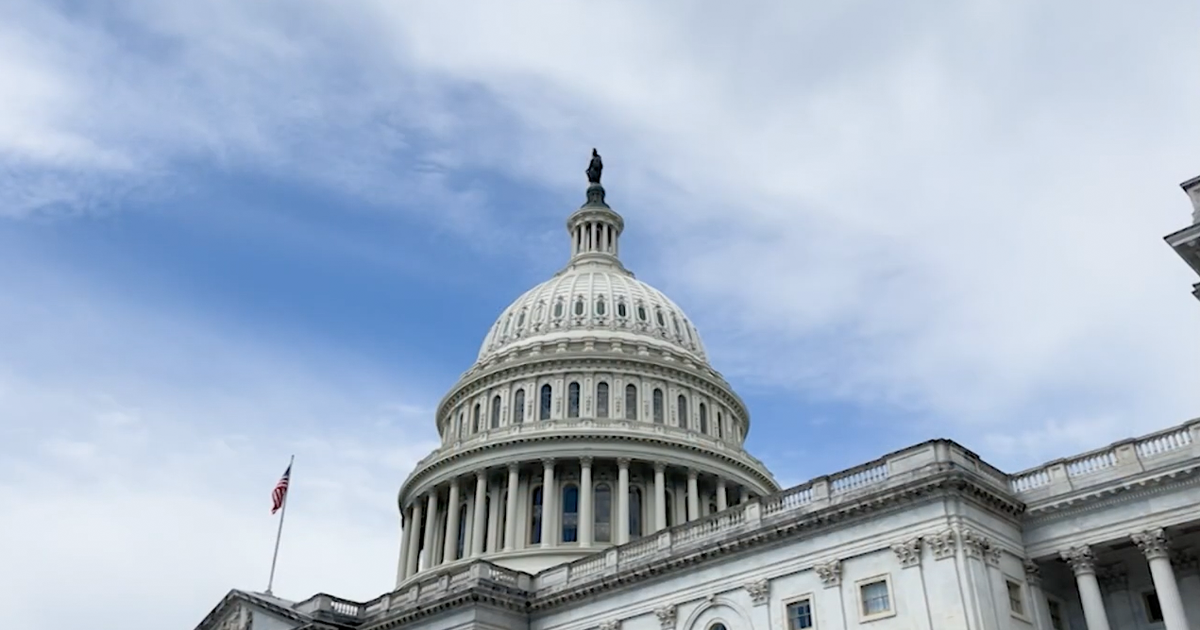Washington, D.C. |
From the moment they touched down in our nation’s capital, Georgia Farm Bureau legislative staff, Directors, and County Presidents got to work advocating for the ag industry – something GFB President, Tom McCall says is central to the organization’s mission, especially at a time with so much hanging in the balance for farmers and producers across the country.
“When they can hear from actual producers of some of the concerns that they have and what the Congress needs to be doing to help agriculture survive, not only in Georgia, especially in Georgia, but not only in Georgia, but the whole country, and get the point across that after military, food supply is the national security issue,” says Tom McCall, President of Georgia Farm Bureau.
“Main reason we’re here is to promote agriculture, talk about agriculture and what we’re facing as the state of Georgia and farmers. It’s very important for us to be up here communicating these things that we need to the people that might not get to see it every day. So, this has given us a platform to speak on behalf of the Georgia farmer,” says Brian Fleming, President of Hart County Farm Bureau.
As mentioned, the trip couldn’t have come at a better time, as producers across Georgia and the nation are struggling as a host of ag related issues continue to threaten their livelihoods; the two most pressing concerns being labor and the desperate need for an updated farm bill.
“Obviously, number one is this farm bill. We’ve been rolling on the same farm bill for seven years now. 2018 feels ancient, so that farm bill is basically an antique now. We need to see modernized farm programs, whether it’s reference prices, crop insurance products or changes to credit and additional funds to conservation Title. We need to see those improvements, ” says Ben Parker, National Affairs Coordinator.
“Number two, especially for the state of Georgia, is we’ve got to address this labor issue. It is far too costly, nothing makes sense and where we’re seeing these annual AEWR rates increase at seemingly random points. Seven and a half percent increase here. Fourteen percent increase here, and then this last year, we saw a nine and a half percent increase to over sixteen dollars an hour. I think finally, people are starting to see that these random increases in wage rates are only detrimental to ag and not just AG in Georgia, but poses national security risk for everyone that uses it,” says Parker.
Though they may not see the direct impact of this trip right away, Fleming says he believes the trip will pay dividends in the long run – and will hopefully make an impact back home on the farm.
“You might not see it right away, but getting what we need out, the support that we need and being able to talk to these people that we don’t need to see every day and actually see them take interest in it and understand what we’re saying that’s going on, it makes a big difference, and I think in the long run, we will see the benefits and things like this back at home,” says Fleming.
By: John Holcomb

